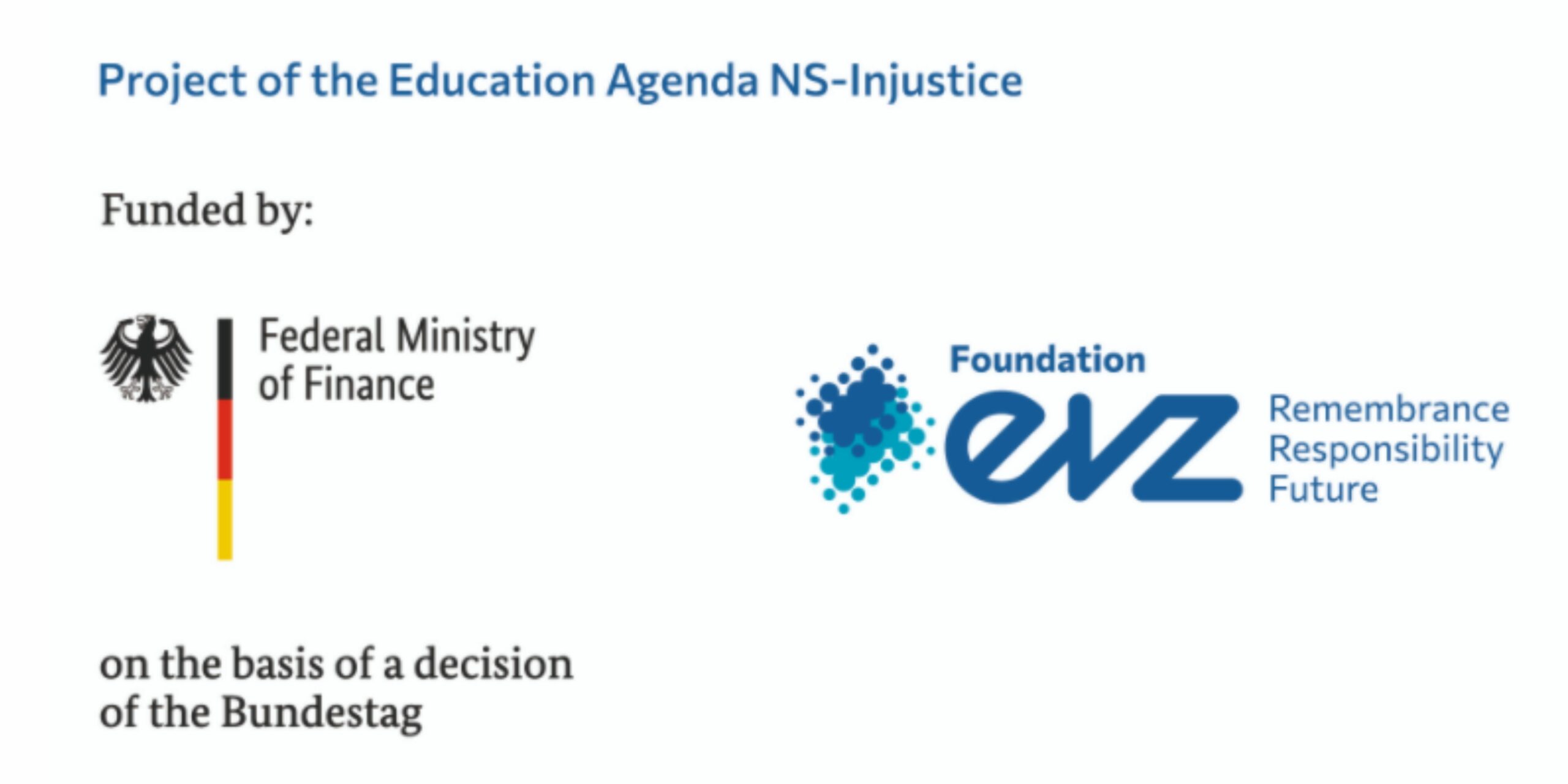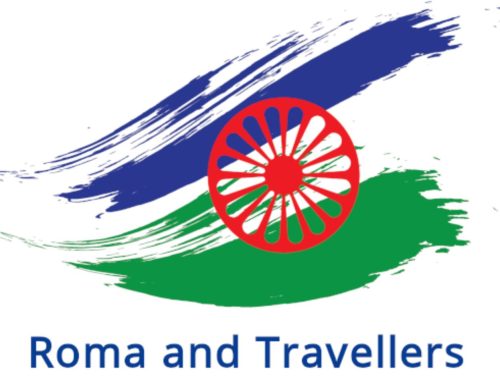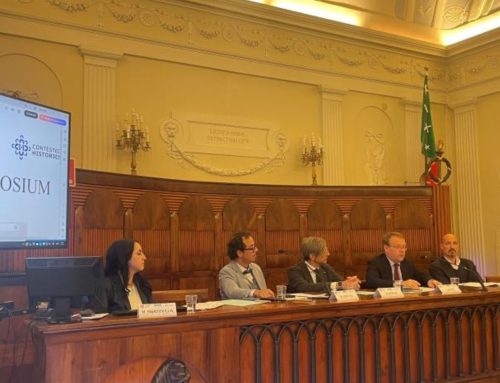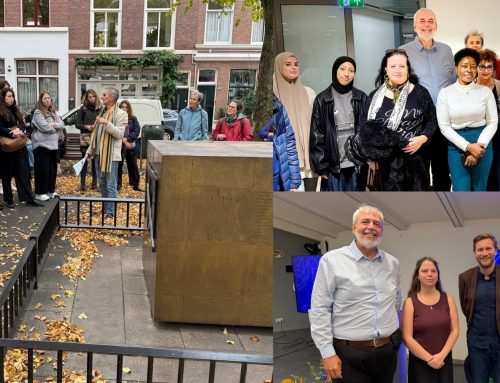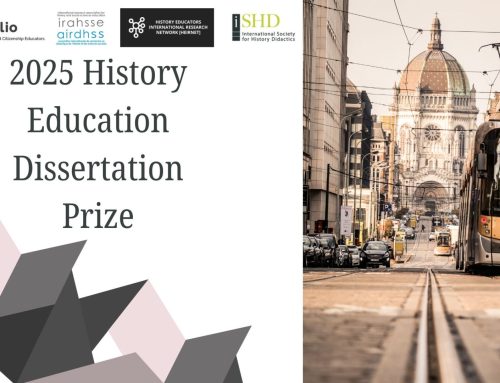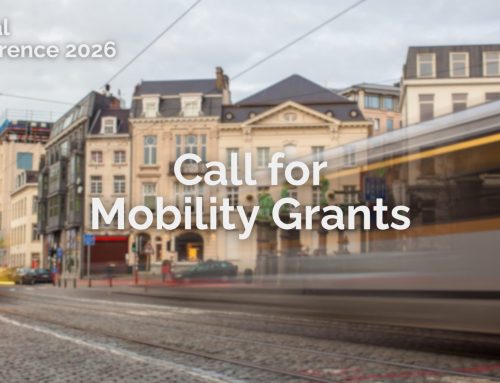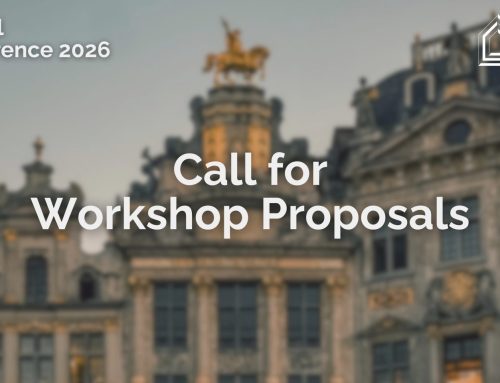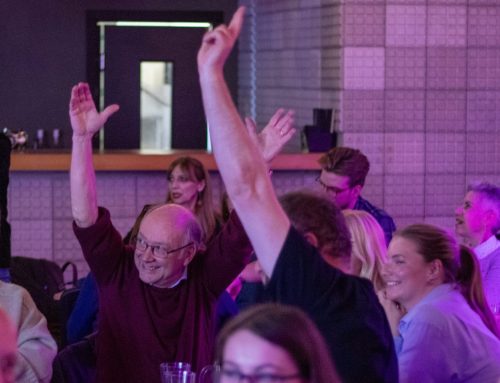Enabling young people to gain a deeper understanding of the roots of discrimination in the present by researching the victims of National Socialists is the goal of our new project. To achieve this, we will design, develop, and test local youth-empowered history projects around the key question “Who were the victims of the National Socialists?” in six countries. This will be done by an interdisciplinary cross-border team of history educators, specialists in the history of National Socialism, and museum educators in close cooperation with youth and community members.
Rationale for this project
On paper all citizens are treated equally. Constitutions do not differentiate between sex, gender or religion, ability, and all citizens above a certain age have voting rights. The reality, however, is very different: Every day there are people in Europe who are suffering from racism, LGBTIQ hostility, anti-Semitism, anti-gypsism, discrimination, and xenophobia. The lack of justice and equality in society, makes people lose faith in democracy and human rights, give space for nationalism and populism, and undermines democratic values and systems. The best chance to realise a future that does justice to the promise of democracy and human rights, is education. To achieve this, there is a lot of potential to learn from the history of the National Socialist in Europe, especially since is the topic that might be most common in the history curricula in Europe.
Youth empowered history projects
As part of this project, students and educators from 6 countries representing North Europe, West Europe, Central Europe, East Europe, South Europe, and South East Europe. Our idea so far, is that students will start learning from the sources they like – such as games, tv series and books. They will then continue learning through place-based learning at museums, memory sites, archives, and NGO’s, and use their findings to improve their answers. Finally, they will learn from historical sources – selected by their teacher – to get an even fuller understanding of who the victims were. By this point, students will have acquired deep knowledge of all victims, including those who received less attention in the past (such as people with disabilities, Roma, Sinti, and Travellers, LGBTIQ, political dissenters). As a final step, the students will us their acquired knowledge to reflect on contemporary issues and think what can be done to prevent historical injustices to continue in the present. In each step of the process, the students will work together with peers, share research findings and lessons learned.
Outcome of the project
The project will result in several outputs that EuroClio and the Max Mannheimer Study Centre, intend to use as part of their educational programmes and membership services, and which will enable them to spread this as an inspiring practice across Europe:
- A promotional video with footage from students and educators who are directly involved in the project that explains the rationale for the project, demonstrates how the project works in practice, and convinces educators to explore and use the toolkit.
- A toolkit with a step-by-step instruction on how to design the history project for students, support materials (such as the peer-to-peer tutorials) for each step, including preparation and assessment. The toolkit will be translated in the official languages of the countries where the student history projects take place.
- A research report on the effectiveness of the project in terms of learning outcomes.
- An internal and external evaluation of the project.
A say for communities affected by the history
For the development of the project, we will consult representatives and members of the Jewish community, LGBTIQ community, Roma, Sinti, and Travellers, and people with disabilities on the design of the toolkit, and seek advice from academics who are specialised on the history of these groups during the National Socialist era. For each of these group there will be a Council Member representing this group.
A new partnership
The Max Mannheimer Study Centre is an extra-school educational institution that aims to enable, first and foremost, young people from throughout the world to take a more in-depth look at contemporary history. The educational services include single or multiple study day courses for school classes, youth association groups, students, and other interested groups. The Max Mannheimer Study Centre is running a variety of projects, including international youth exchanges, and offers educational programme for schools, teachers in training, and NGO’s. The focus is placed on examining and discussing the National Socialist period in general, with special reference given to the history of the Dachau concentration camp. Our joint project offers the Study Centre an opportunity to make teaching about the Holocaust easier in Europe, to reach more teachers and more students through participant-centred-learning. The project teams will benefit a lot from the knowledge and experience of the Study Centre, on the Holocaust and crimes committed by the National Socialists.
A new agenda
The project is supported as part of the Education Agenda NS-Injustice, an initiative of the German Federal Ministry of Finance (BNF) and the EVZ Foundation Remembrance, Responsibility and Future, which was created in response to the worrying increase in antisemitism, antigypsyism, racism and LGBTIQ hostility and acts of violence and attacks, such as the recent attacks in Hanau and Halle, are occurring with increasing frequency. The idea is that lesson about the National Socialist past and the visualization of experiences of those affected by persecution, will reinforce democratic attitudes, and counteract antisemitism, antigypsyism, racism and LGBTIQ hostility, and project like these, are needed because learning about this period is on the decrease, with generation of survivors and with increasing temporal distance.
Next steps
The next steps will be to work with the project advisors and partners, on the human resourcing of the project. As soon as we are complete, we will all the team members together for a work meeting early next year at the Max Mannheimer Study Centre in Dachau.
Are you interested in this new EuroClio project or believe that you can help us achieve the project outcomes? Please email Executive Director Steven Stegers (secretariat@euroclio.eu).

